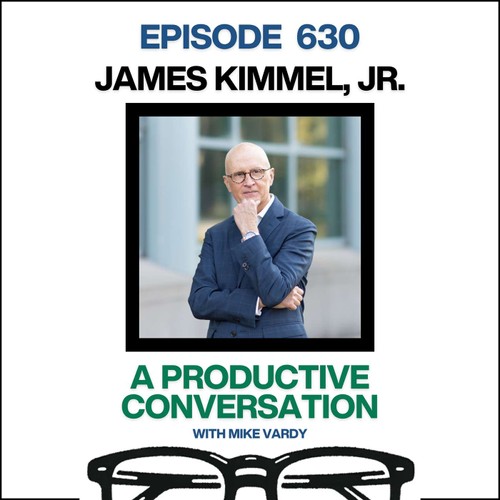
 A Productive Conversation
A Productive Conversation James Kimmel Jr. Talks About The Science of Revenge and the Power of Forgiveness
10 snips
Nov 5, 2025 James Kimmel Jr., a Yale lecturer and lawyer-turned-researcher, dives into the neuroscience of revenge in a thought-provoking conversation. He shares a personal bullying story that ignited his passion for understanding why our brains crave retaliation. Kimmel explains how grievances act like addictive substances, triggering dopamine and impulsive reactions. He emphasizes forgiveness as a powerful tool that rewires the brain for peace, offering practical strategies like journaling to process grievances without falling into cycles of anger.
AI Snips
Chapters
Books
Transcript
Episode notes
Farmboy Bullying That Sparked A Life's Work
- James Kimmel Jr. describes being bullied as a teen which escalated to the killing of his family's dog and mailbox bombing.
- He chased the bullies with a loaded revolver but stopped at the last second, a moment that changed his life.
Grievance Triggers A Drug-Like Brain Loop
- A grievance activates the brain's pain network and then the reward circuitry, making revenge feel like a drug.
- Craving drives people to seek retaliation and weakens prefrontal self-control, explaining impulsive revenge acts.
When Revenge Becomes An Addiction
- Addiction occurs when you cannot control desire for revenge despite knowing its harms.
- The prefrontal cortex provides self-control, and accumulated grievances can hijack that capacity.




